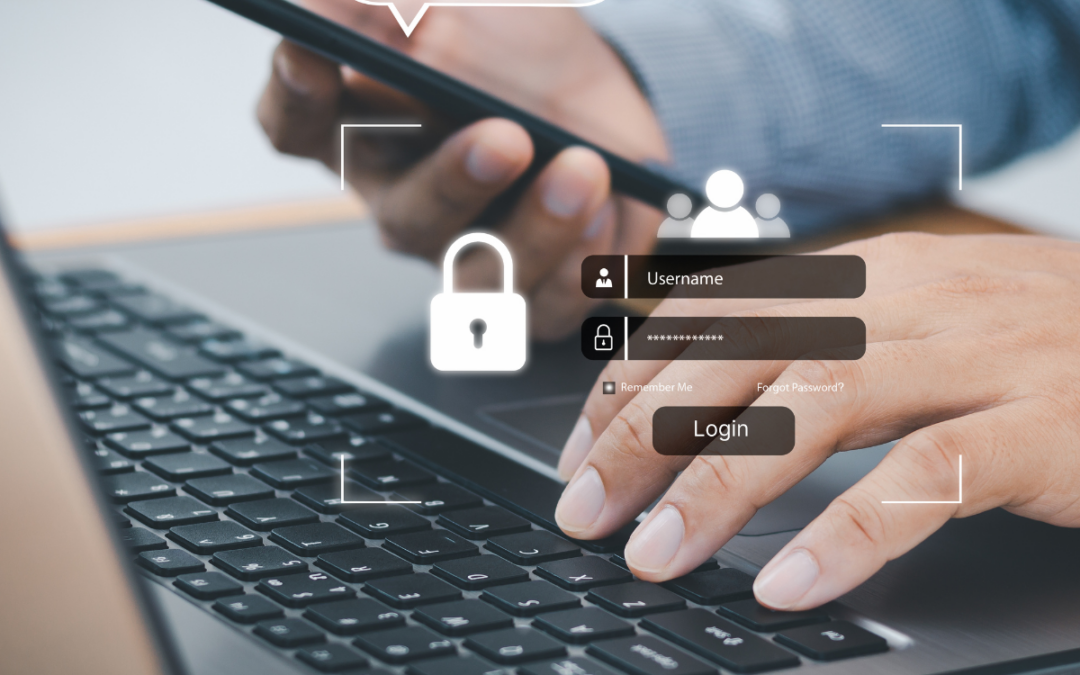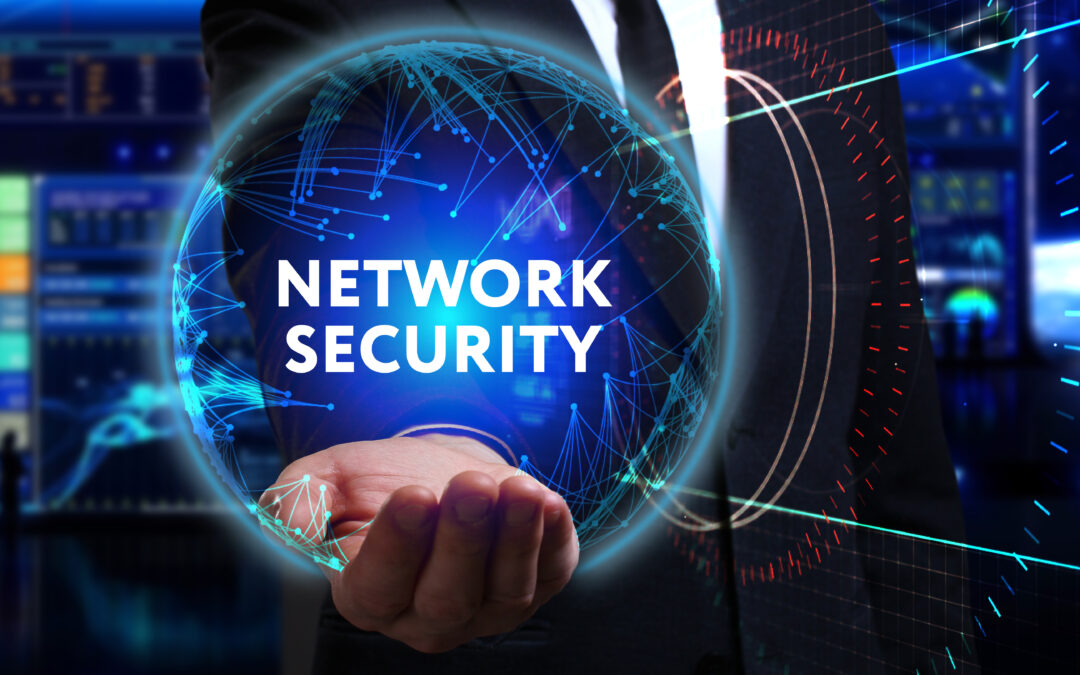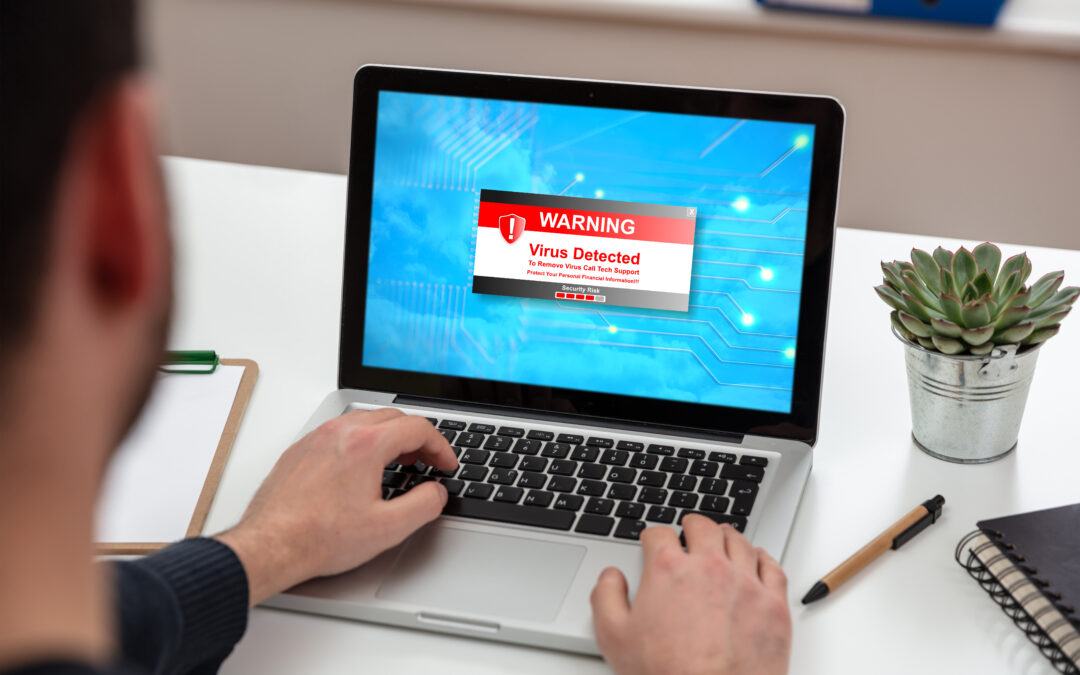
Make it Harder for Hackers to Intrude
Implementing strong password policies is crucial for protecting business systems. If you think this best practice does not apply to your business, what would you say and do if your employees’ and customers’ personal information were stolen?
Here’s a more detailed breakdown on the best practices to fight modern-day intrusions.
Require complex passwords:
- Set minimum length requirements (e.g., at least 12 characters)
- Mandate a mix of uppercase and lowercase letters, numbers, and special characters
- Prohibit common words, phrases, or easily guessable information (like birthdates)
- Consider using passphrases instead of single words
Implement multi-factor authentication (MFA):
Require a second form of verification beyond passwords
Options include:
- SMS codes (though less secure than other methods)
- Authenticator apps (like Google Authenticator or Authy)
- Hardware tokens (such as YubiKeys)
- Biometric verification (fingerprints, facial recognition)
Apply MFA to all critical systems and accounts, especially those with administrative access
Use password managers:
- Encourage or require employees to use reputable password management tools
- These tools generate and store strong, unique passwords for each account
- Reduces the risk of password reuse across multiple accounts
- Some options include LastPass, 1Password, or Bitwarden
Implement password rotation policies:
- Require password changes at regular intervals (e.g., every 90 days)
- Prevent reuse of recent passwords
- Monitor for compromised credentials:
- Use services that check if employee email addresses or passwords have been exposed in known data breaches
- Require immediate password changes if compromised credentials are detected
Implement account lockout policies:
- Lock accounts after a certain number of failed login attempts
- This helps prevent brute-force attacks
Use single sign-on (SSO) for multiple applications:
- Reduces the number of passwords employees need to remember
- Allows for centralized control and monitoring of access
By implementing these robust password policies, businesses can significantly reduce the risk of unauthorized access to their systems, making it much harder for hackers to intrude when you are at work and away!
Black Bottle IT would love to learn more about your work environment and provide an assessment for a modern-day cybersecurity solution. Contact us today!




